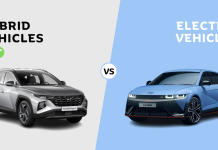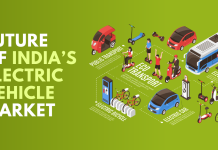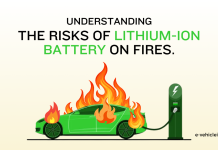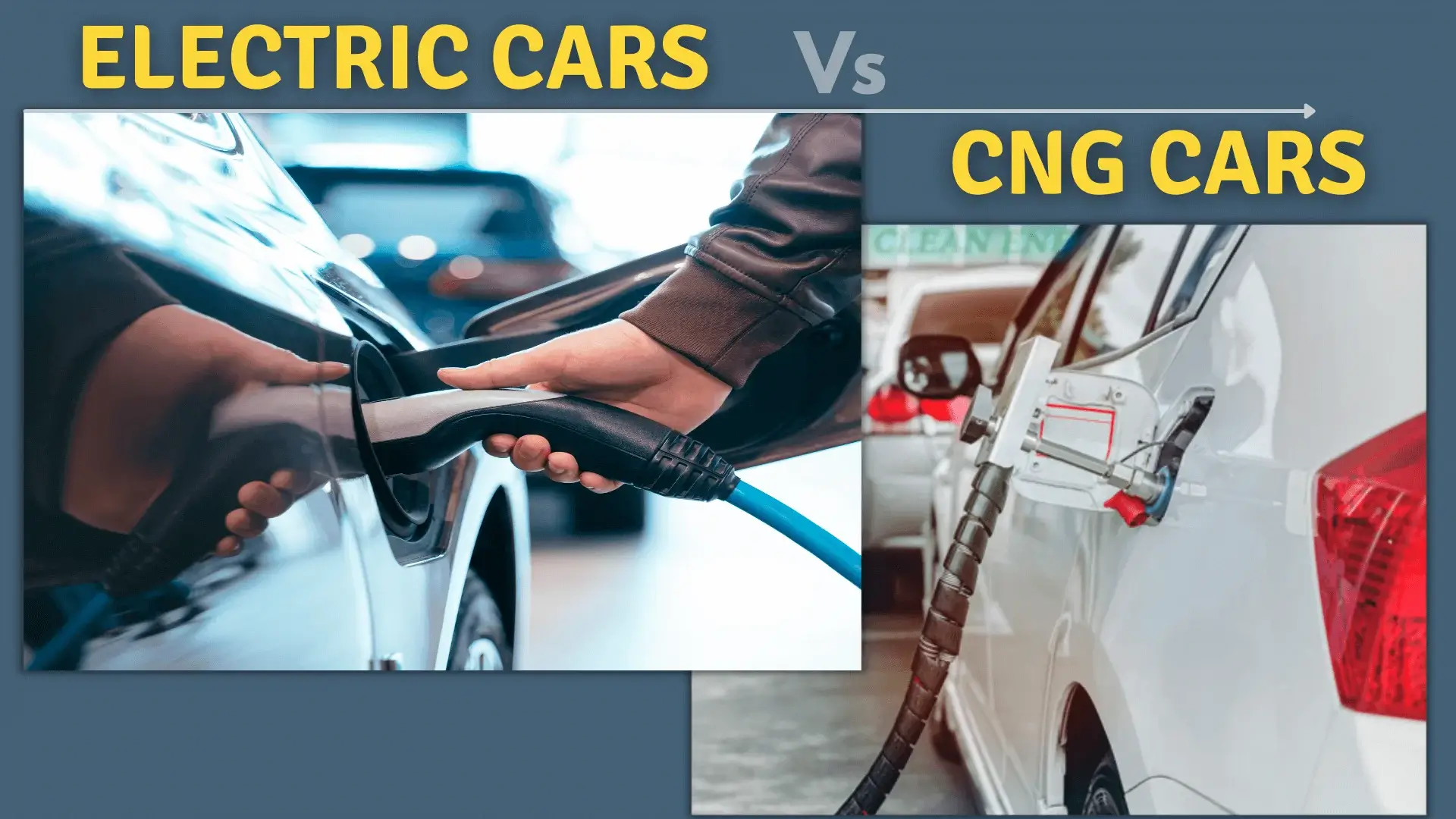 Due to the promise of extremely low cost and less pollution, CNG vehicles are seen in larger quantities in India than electric vehicles, although electric vehicles are striving hard to establish a dominant market presence. But which one is going to take place? Let’s look at it in depth.
Due to the promise of extremely low cost and less pollution, CNG vehicles are seen in larger quantities in India than electric vehicles, although electric vehicles are striving hard to establish a dominant market presence. But which one is going to take place? Let’s look at it in depth.
CNG vehicles have been a popular option in the country as a cheaper alternative to gasoline cars, and their numbers are anticipated to increase. However, Can the rise of electric vehicles and their infrastructural push will have an impact on the CNG-powered option? What will be the distinguishing features of an EV and a CNG vehicle?
There is no doubt in saying that CNG cars are less polluting than ICE engines or fuel cars. But do EVs do the same? Yes, EVs are the best option for the environment as they are sustainable as they are charged with electricity.
But EVs are less harmful to the environment unless they are charged from renewable sources (like- solar power). the problem in India is there are very few options to charge your electric vehicles with solar power.
In a few words “generating electricity by burning fossil fuels and charging your electric vehicles is less environmentally friendly.”
Table of Contents
CNG Bus Vs Fuel Bus- Emission Test
Emissions gains from CNG Vehicles: Why CNG program is perceived to have given health benefits in Indian cities? The evidence is in the actual emissions levels achieved by the CNG fleet in comparison to the conventional diesel bus fleet and petrol-driven two-stroke three-wheelers that it had replaced. Report by– India environment portal
The tests carried out on the Euro II compliant Indian buses by the Automotive Research Association of India as part of the TERI study found that even the first generation CNG bus technology meeting Euro II emissions standards had significant PM reduction and moderate NOx emissions advantage compared to the diesel counterparts.
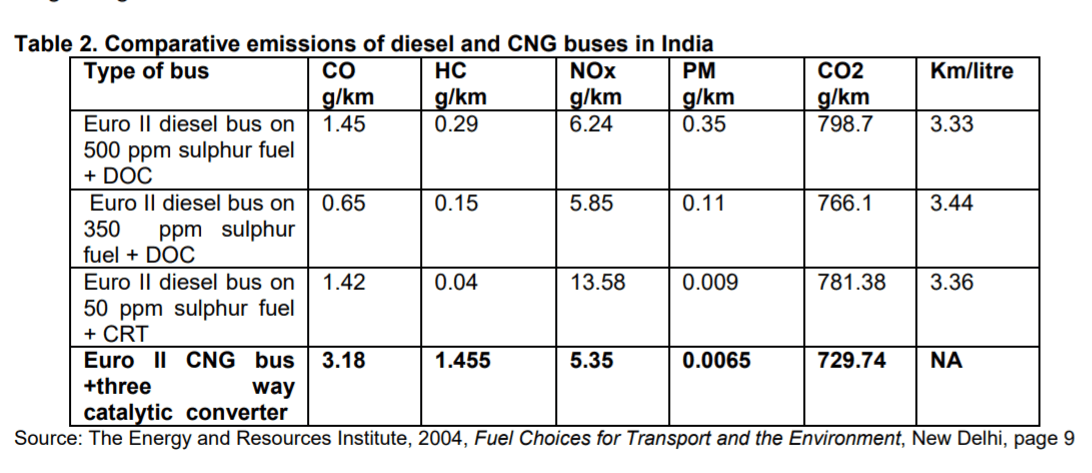
The emissions test data from ARAI shows that the NOx emissions from the TWC equipped CNG bus is also lower than the oxidation catalyst-equipped diesel buses and CRT-equipped diesel buses.
However, the gap is smaller in the case of NOx than PM. The natural gas bus program provided an opportunity to leapfrog to much cleaner emissions in Indian cities when diesel technology was stagnating.
Here is a list of factors that will guide you in deciding what to buy as an alternative to petrol and diesel cars.
Electric Car vs CNG Car
| Electric Vehicle | CNG Vehicle |
| Almost Zero Pollution | Less Emission than Petrol and Diesel Vehicle |
| Premium Range | Comparatively Cheaper |
| Low Maintenance and Running Cost (~Re.1/km) | Relatively high maintenance and running cost (~Rs.3/km) |
| Long duration to charge at home | Long queues at the refilling station |
| Range anxieties | No range anxieties |
| Smooth Experience | Relatively Rough Experience |
| No Noise | Make Noise |
| Take hours to charge (Charging time is a major drawback in EVs) | less time to Fill the gas |
Which is more Sustainable?
Pollution
CNG kits were launched with the awareness that they emit considerably less pollution than gasoline vehicles. The declaration was upheld, with experts and institutions such as the US Department of Energy applauding it.
However, EV’s zero pollution emissions have challenged the market and given them a boost in the current manufacturing configuration.
Running Charges
EVs cost much less in terms of maintenance and money spent on each kilometer driven. The cost of running a CNG car and an electric vehicle is roughly Rs 3 and Rs 1 per kilometer, respectively. On the other hand, EVs are far more expensive than CNG-powered vehicles.
Experts also claim that maintaining an EV would be significantly less expensive than keeping a car with an internal combustion engine because an EV has far fewer parts. It’s important to remember that a CNG vehicle still has a conventional international combustion engine.
Available Options
CNG cars provide a diversity of possibilities. However, it can only be installed in petrol vehicles. Only a few manufacturers, such as Maruti Suzuki and Hyundai, provide a factory-installed cylinder. Furthermore, many options are restricted to small, hatchback, and sedan versions.
In India, electric vehicles are still limited to Tata Motors, MG, and Mahindra, with OLA producing their own electric scooter. While the list will continue to grow over time, the possibilities are currently restricted to these.
Conclusion
While CNG cars is a really affordable option with the ability to switch to petrol, it has an immediate benefit over EVs in terms of range. EVs, on the other hand, combat them with additional characteristics such as a smooth driving experience, clean vehicles, Less Environment Pollution, and improved acceleration. Because of the lower maintenance costs, owning an EV for eight to ten years would be a reasonable choice. In comparison to CNG, EVs’ boot space is untouched by hefty cylinders.
The customer does not lose a warranty if he installs the CNG kit, which will cost more than 40000-60000 INR, while EVs are still in the premium bracket, making them inaccessible to the majority.
The number of CNG stations in the country is steadily expanding, however, it may take a long time to refill the gas during peak hours. EVs can be charged at home, however, a full charge takes more than 10 hours unless DC fast charging equipment is used.
So, should you invest in an electric vehicle? Yes, if it is a lifestyle choice to preserve the environment. If the number of highway runs is limited, yes. And yes, if performance and ride comfort are high on your priority list. Tha you must go With Electric Vehicles.
Keep Reading: Go Green Go Electric ⚡

